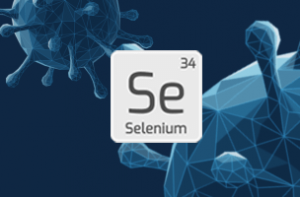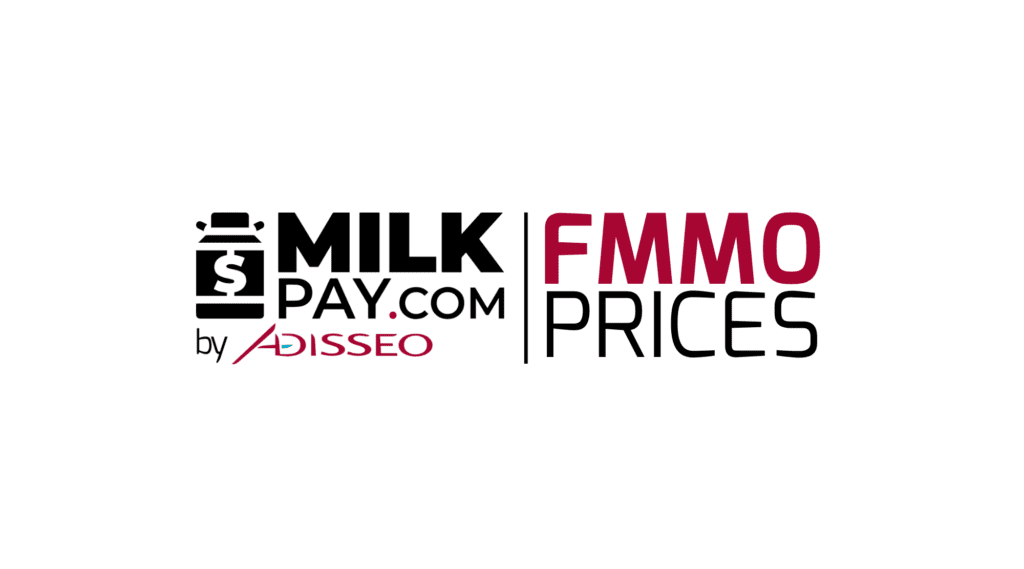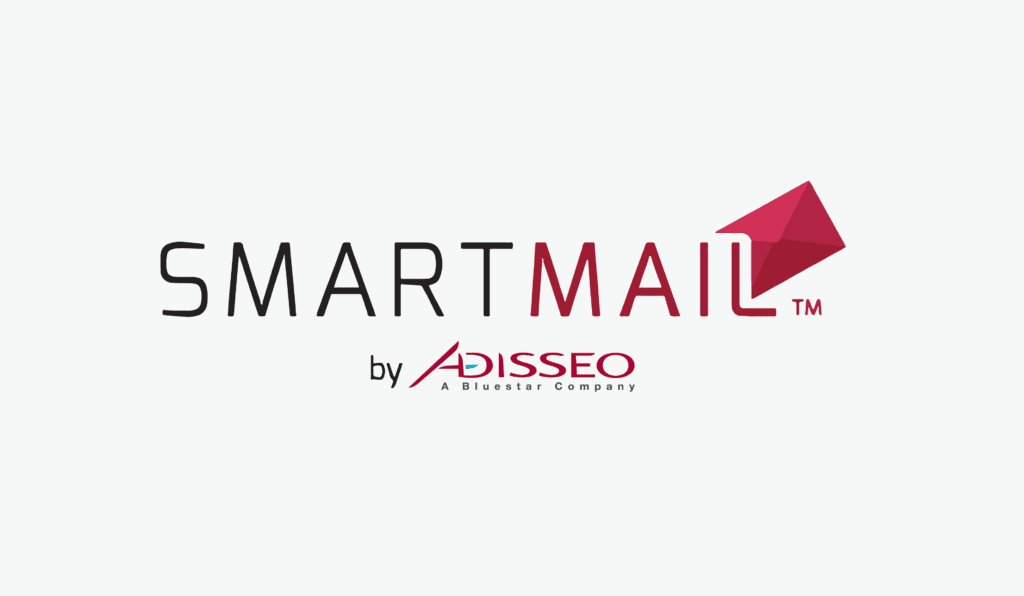
by: Prof Peter SURAI, Feed-Food Ldt, UK, & Dr. Michele DE MARCO, GlobalScientific and Technical Manager, Adisseo
In animals and humans, Selenium deficiency is associated with compromised immunity and increased susceptibility to various diseases including the recent epidemic caused by COVID-19.
Many humans worldwide are shown to be deficient in Selenium. White bread, pork, chicken and eggs account for half of the Se in the diet in the USA. Among the animal-derived products, Se-enriched eggs are ideally suited to meet the daily requirements, as they are an important source of Se for the general population.
There are great prospects for increased production of Se eggs worldwide. However, an important limitation to the production of Se-eggs is a lack of public knowledge concerning the beneficial effects of Se in relation to animal and human health. The companies that produce Se-eggs should invest more in educating the public in order to widen the market for Se-eggs.
Various types of meat (pork, beef, and chicken meat), as well as milk and milk products, are also important natural sources of Se in human nutrition. However, the Se concentration in meat varies substantially, depending on the geographical origin of the country and the Se supplements used. Indeed, it is well known that selenite or selenate dietary supplementation is not effective in increasing the Se concentration in meat, and only organic Se, in the form of SeMet, in the diets of chickens, pigs or cattle, can substantially increase the Se concentration in meat.
It has been shown that when organic Se is used at a dosage of 0.3-0.5 mg/kg in the diet of chickens, pigs and cattle, it is possible to produce meat containing at least 25-30 μg/g (100 g meat can provide >50% RDA). There is also substantial evidence that organic Se in the diets of dairy cows, goats and sheep can also help produce Se-enriched milk and milk products (milk powder, cheese, yoghurt etc).
Therefore, using organic Se in livestock diets offers a great opportunity of improving the Se status of the general population and of bringing it up to the RDA levels. Most diets already contain at least 50% RDA selenium, and the global problem of Se deficiency could be solved by adding eggs, meat or milk and milk products enriched with Se to the daily diets of people. This would help to improve the antioxidant status and immunocompetence of the general population and increase resistance to various pathogens/diseases. However, such benefits still require further support from medical institutes.
It should also be mentioned that the usage of organic Se in livestock diets would enhance the health of mankind as a whole, while, at the same time, leading to economic and welfare benefits in livestock production, in terms of better animal disease resistance, improvement and/or maintenance of the productive and reproductive performances of animals reared under the stressful commercial egg, meat and milk production conditions. There are also indications that product quality can also be improved, as a result of Se enrichment, in terms of quality traits, freshness, and shelf-life.
Therefore, the organic Se concept in livestock production could become a holistic approach to avoid the risk of worldwide Se deficiencies and lead to different and diversified benefits being obtained from farm to fork, with free-of-charge investments.
Reference available upon request
Original article https://www.adisseo.com/en/selenium-and-immunity-food-for-thought/






